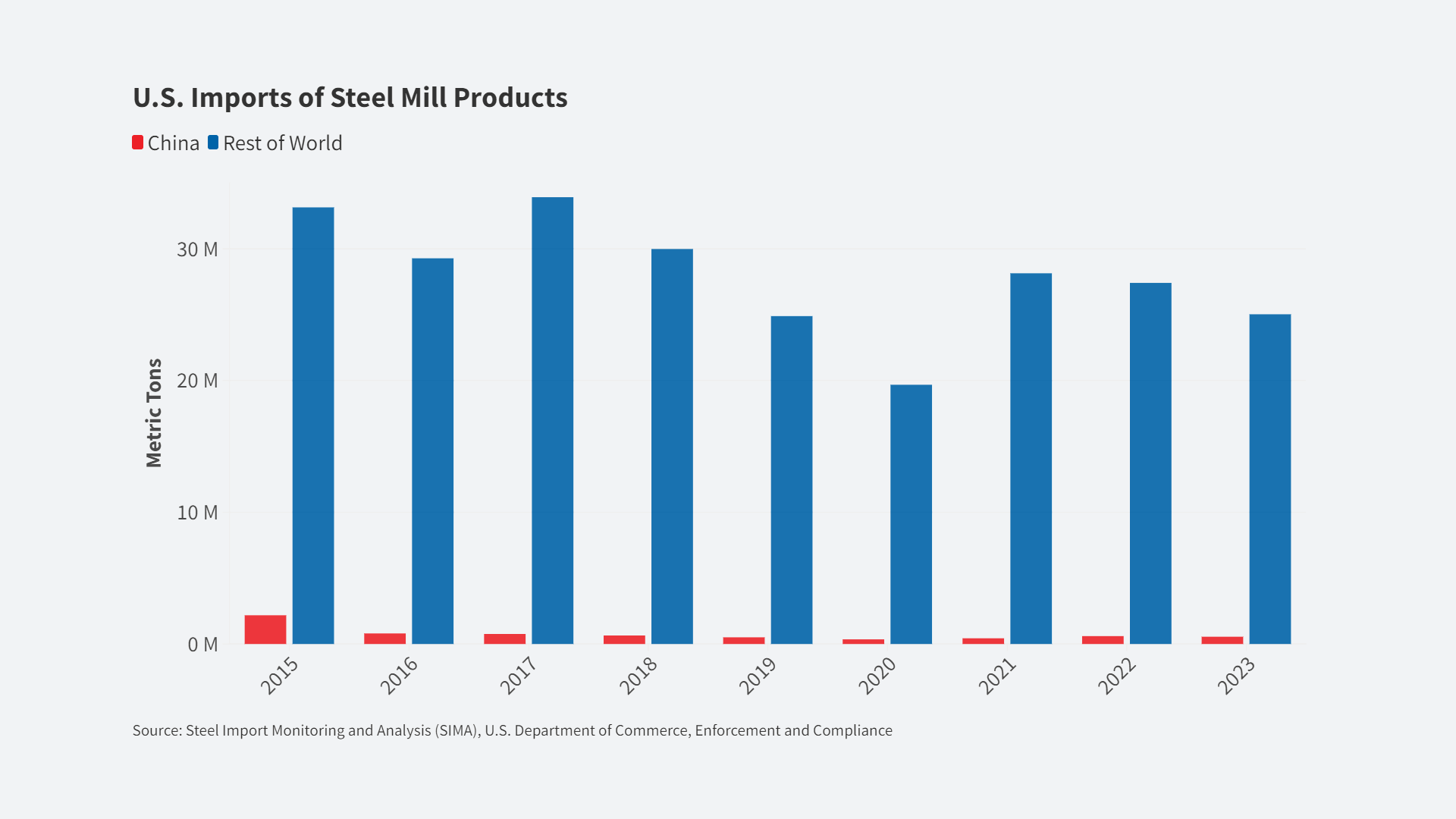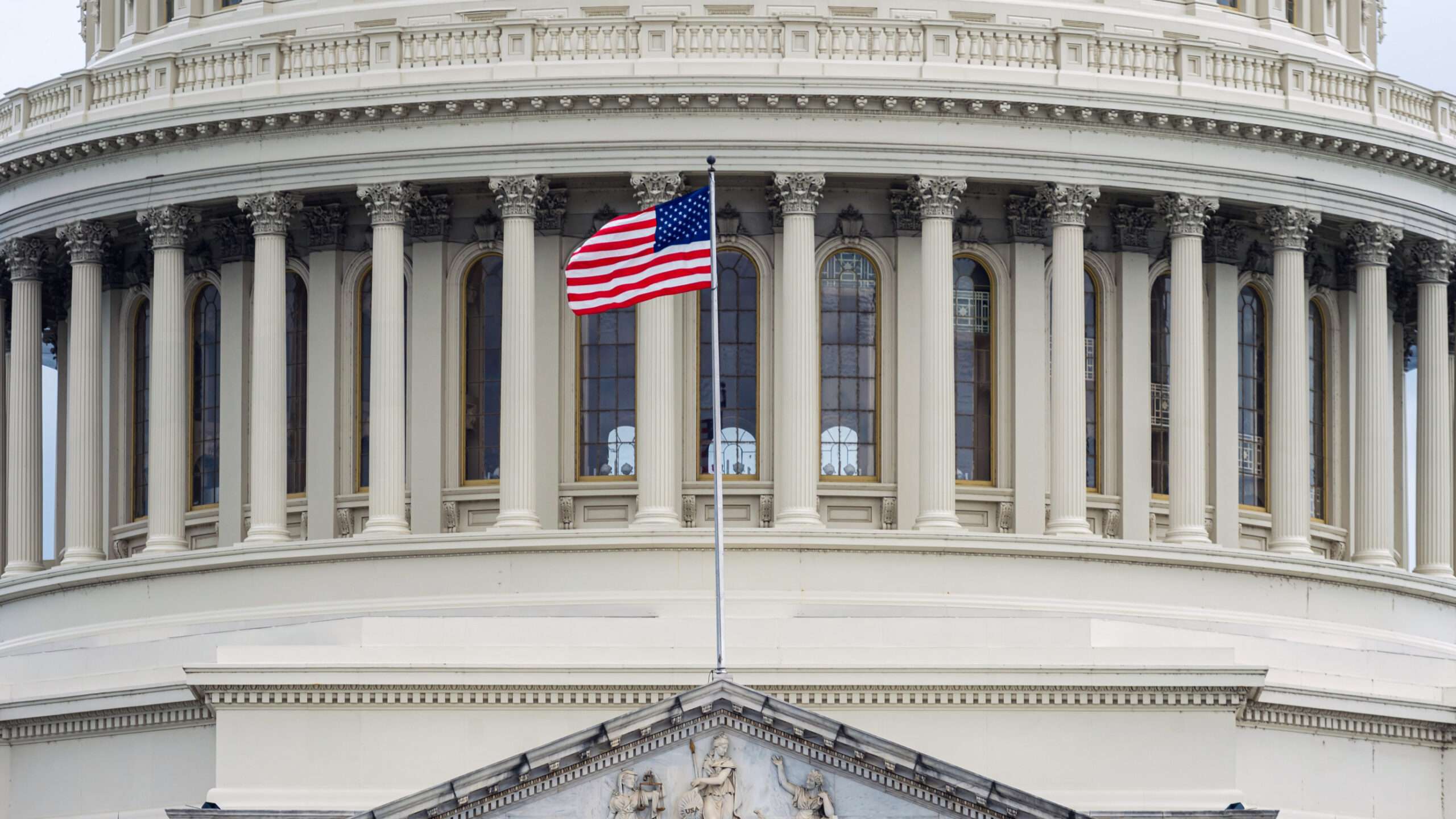
Tis the season of talk about tax reform. Every presidential election cycle, the candidates all propose some kind of tax reform. However, once the new president is elected, Congress does not do anything because tax reform becomes the “third rail” to special interests who lobby for or against reforms that would affect them. The last comprehensive tax reform that Congress passed was the Tax Reform Act of 1986, more than a generation ago. Thus, we must pose the question: Is it possible for Congress to pass bipartisan tax reform.
[Michele Nash-Hoff| April 26, 2016 |Saving Manufacturing]
First, let’s separate fact from the rhetoric:
Rhetoric: Corporations play games to keep from paying their fair share of taxes.
Fact: Out of the 34 countries in the Organization for Economic Co-operation and Development (OECD), a group that includes most advanced, industrialized nations, America ranks first with a 39.1 percent corporate tax rate, compared to an OECD average of 24.1 percent. However, the effective rate for 2014 was 27.9 percent, which was second highest behind New Zealand among OECD countries and 15th-highest among the 189 countries measured. Effective tax rate takes into consideration the tax deductions allowed corporations to reduce the pool of taxable profits.
Some corporations aren’t paying their fair share of taxes because multinational corporations that have subsidiaries or divisions in other countries use legal accounting strategies to transfer profits to lower corporate tax rate countries or set up shell corporations in tax haven countries. This means that American corporations whose only facility is in the U. S. bear the brunt of our high taxes, making it more difficult for them to compete in the global marketplace.
One of the strategies used is what is called “Corporate inversion” by Investopedia, which refers to re-incorporating a company overseas in order to reduce the tax burden on income earned abroad. Corporate inversion as a strategy is used by companies that receive a significant portion of their income from foreign sources, since that income is taxed both abroad and in the country of incorporation. Companies undertaking this strategy are likely to select a country that has lower tax rates and less stringent corporate governance requirements.
How can we get these multinational corporations to pay their fair share of taxes in the United States?
Well, we can follow the example of states that have passed bi-partisan tax reform to address the problem of getting corporations to pay a fair share of taxes in their state. The solution was “apportionment” of corporate income taxes that is a share of taxes to be paid by a corporation to a state based on a particular formula. According to a Policy Brief by the Institute on Taxation and Economic Policy, all but the five states that don’t have a corporate income tax (Nevada, South Dakota, Texas, Washington, and Wyoming) have adopted some type of formula for state apportionment of corporate taxes.
- “First, if a corporation does not conduct at least a minimal amount of business in a particular state, that state is not allowed to tax the corporation at all. Corporations that have sufficient contact in a state to be taxable are said to have “nexus” with that state.
- Second, each state where a corporation has nexus must devise rules for dividing the corporation’s profits into an in-state portion and an out-of-state portion — a process known as “apportionment.” The state can then only tax the in-state portion.”
About half the states with a corporate income tax adopted the model legislation worked out in the 1950s, called the Uniform Division of Income for Tax Purposes Act (UDITPA). UDITPA recommends the following three factors to determine the share of a corporation’s profits that can be taxed by a state:
- “The percentage of a corporation’s nationwide property that is located in a state.
- The percentage of a corporation’s nationwide sales made to residents of a state.
- The percentage of a corporation’s nationwide payroll paid to residents of a state.”
Only two states use the percentage of property tax since local government jurisdictions already impose a property tax, and state governments don’t want to encourage corporations to relocate to other states by doubling up on property tax. Only eight states still use the unmodified formula, and many have moved to just sales. Most of the rest of the states have increased the weight on sales, and 18 states “double weight” the sales tax percentage.
One of our members of the Coalition for a Prosperous America, Bill Parks, is a passionate advocate of corporate tax reform at the federal level based on the Sales Factor Apportionment Framework. Mr. Parks is a retired finance professor and founder of NRS Inc., an Idaho-based paddle sports accessory maker. He asserts that “Tax reform proposals won’t fix our broken corporate system… [because] they fail to fix the unfairness of domestic companies paying more tax than multinational enterprises in identical circumstances.”
He explains that multinational enterprises (MNEs) can use cost accounting practices to transfer costs and profits within the company to achieve different goals. “Currently MNEs manipulate loopholes in our tax system to avoid paying U. S. taxes… MNEs can legitimately choose a cost that reduces or increases the profits of its subsidiaries in different countries. Because the United States is a relatively high-tax country, MNEs will choose the costs that minimize profits in the United States and maximize them in what are usually lower-tax countries.”
The way his plan would work is that the amount of corporate taxes that a multinational company would pay “would be determined solely on the percent of that company’s world-wide sales made to U. S. customers. Foreign MNEs would also be taxed the same way on their U. S. income leveling the playing field between domestic firms and foreign and domestic MNEs.”
For example, if a MNE’s share of worldwide sales in the United States is 40%, then the company would pay taxes on 40% of its sales. Mr. Parks states that the advantages of his plan are:
- “Inversions [and transfer pricing] for tax purposes become pointless because the company would pay the same tax no matter what its base.
- It would encourage exports because all exports are fully excluded from corporate income tax.
- It simplifies the calculation for federal, state, and local taxes because the profit to be taxed by the U. S. is determined by a simple formula.
- Reduces or eliminates the tax incentives to locate jobs, factories, and corporate headquarters offshore, boosting employment and U. S. tax revenue.
- Ends the disguised income taxes which are actually royalty payments.
- Allow Congress to raise revenue without raising rates because it stops U. S. and foreign multinationals from being able to place their profits offshore to avoid U. S. taxes.”
A couple of additional benefits listed at www.salesfactor.org are:
- “Removing the incentives for multinational corporations to leave their profits in off-shore tax havens.
- Maintaining Congress’ ability to lower rates and/or increase revenue.”
Bill concludes that “Sales Factor Apportionment is simpler and more effective than our current system which attempts ─ and often fails ─ to tax the worldwide business activities or U. S. corporations. Because it is based on sales, not payroll or assets, it is a difficult system to game. Companies can easily move certain business operations and assets out of the U. S., but few, if any, would be willing to give up sales to the world’s largest market.”
Mr. Parks was part of my team visiting the offices of Congressional Representatives in Washington, D. C. the week of April 11th, and several Representatives appeared quite interested in the Sales Factor Apportionment tax proposal he described. Mr. Parks is the author of a much more in-depth article in the April 4, 2016 issue of Tax Notes (available only by subscription), and I am happy that he gave me permission to write about this topic for my audience. For further information, you may email him at [email protected]. You can also read the results of several studies on SFA at www.salesfactor.org.













